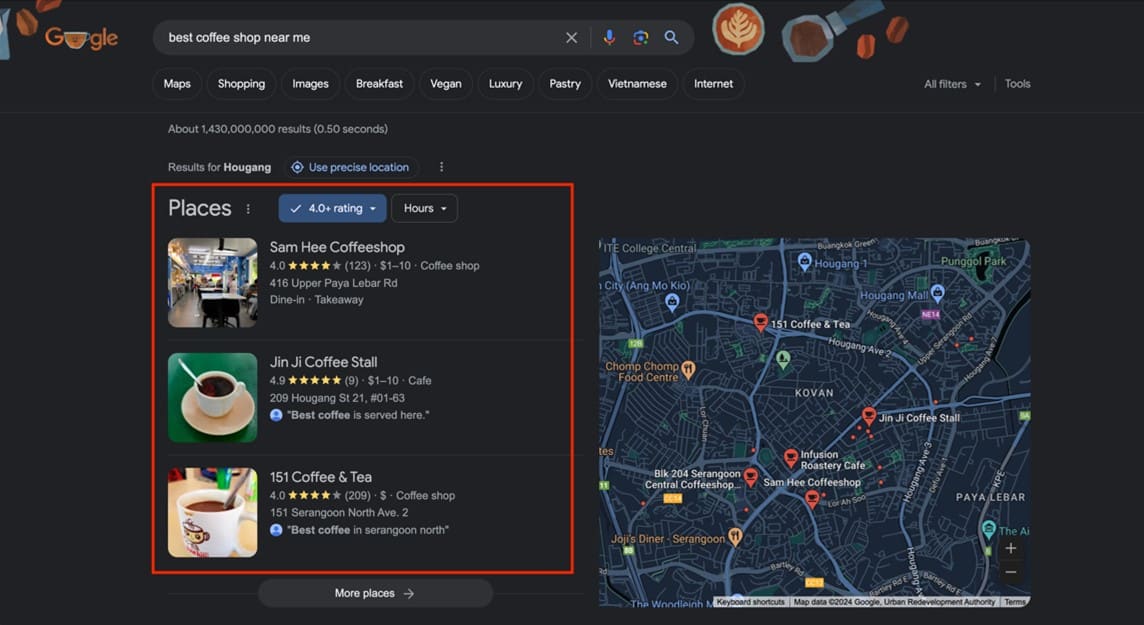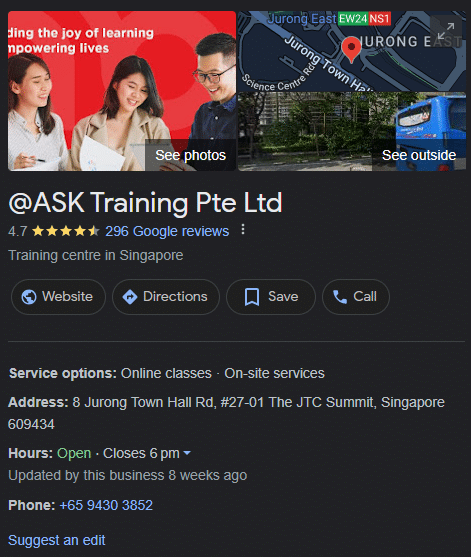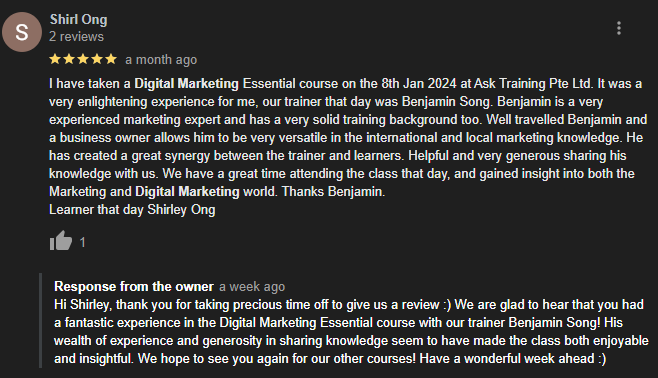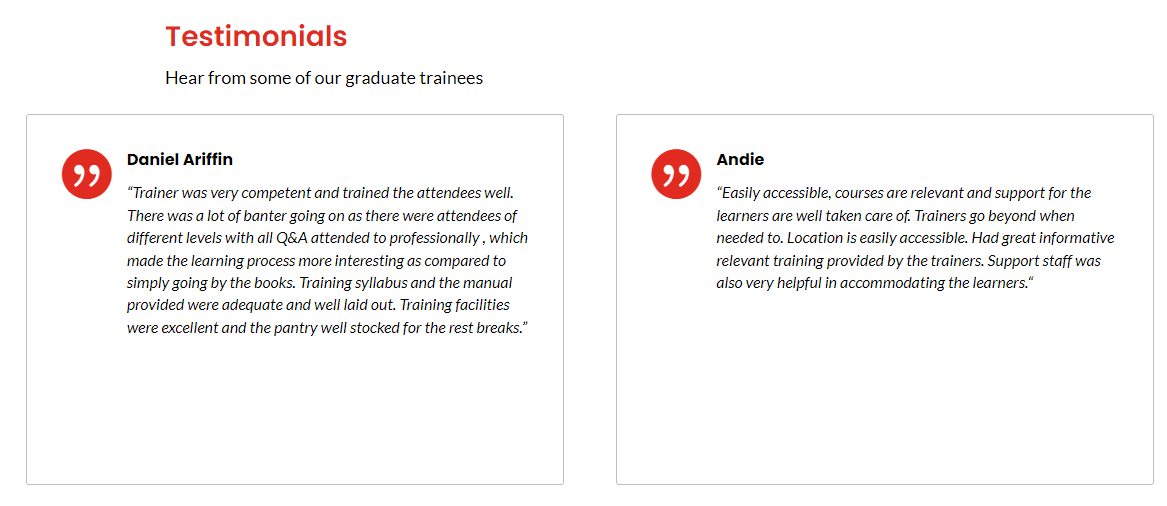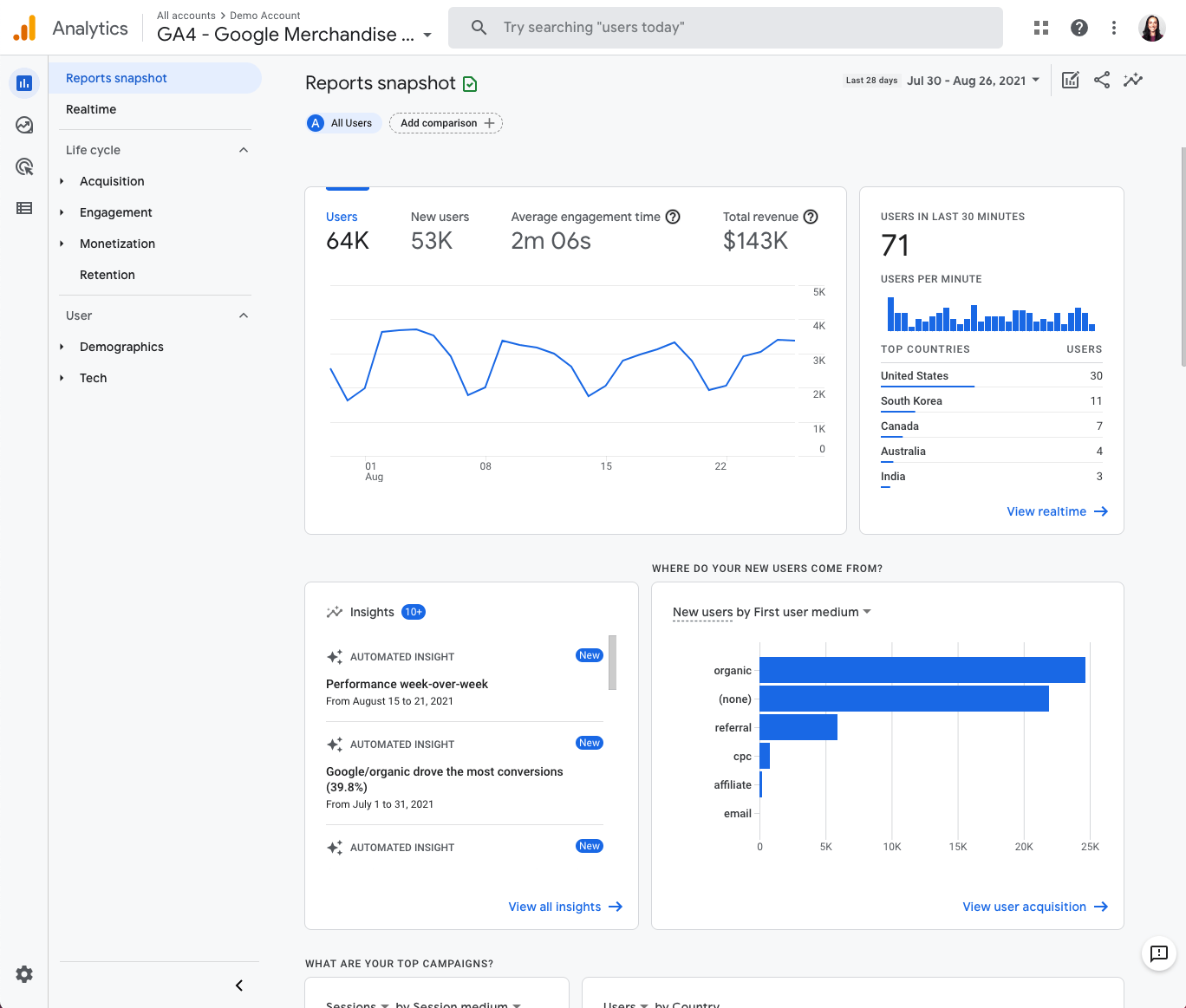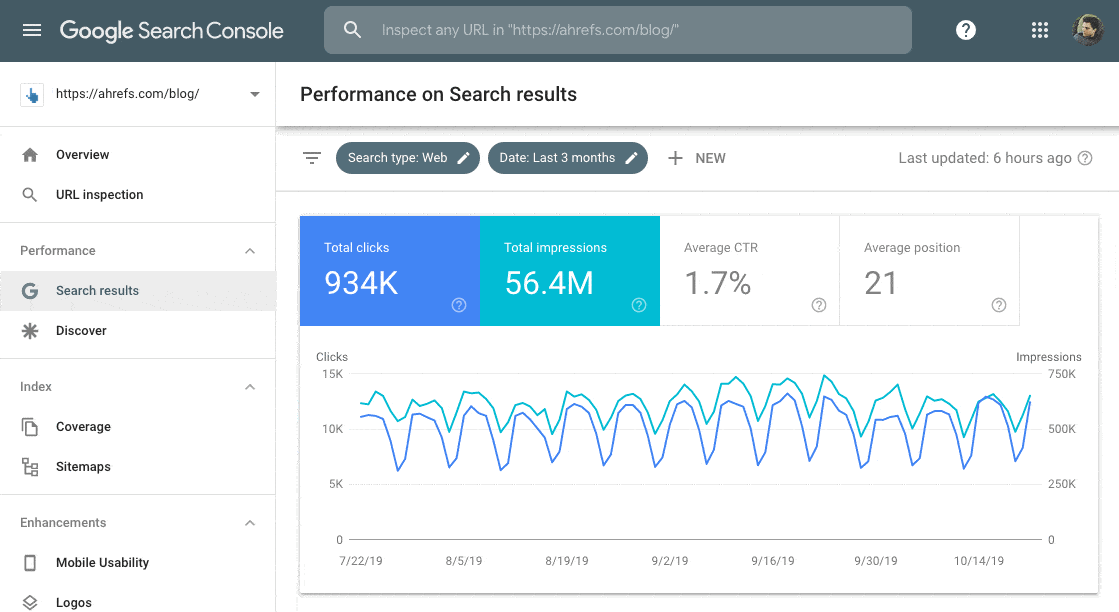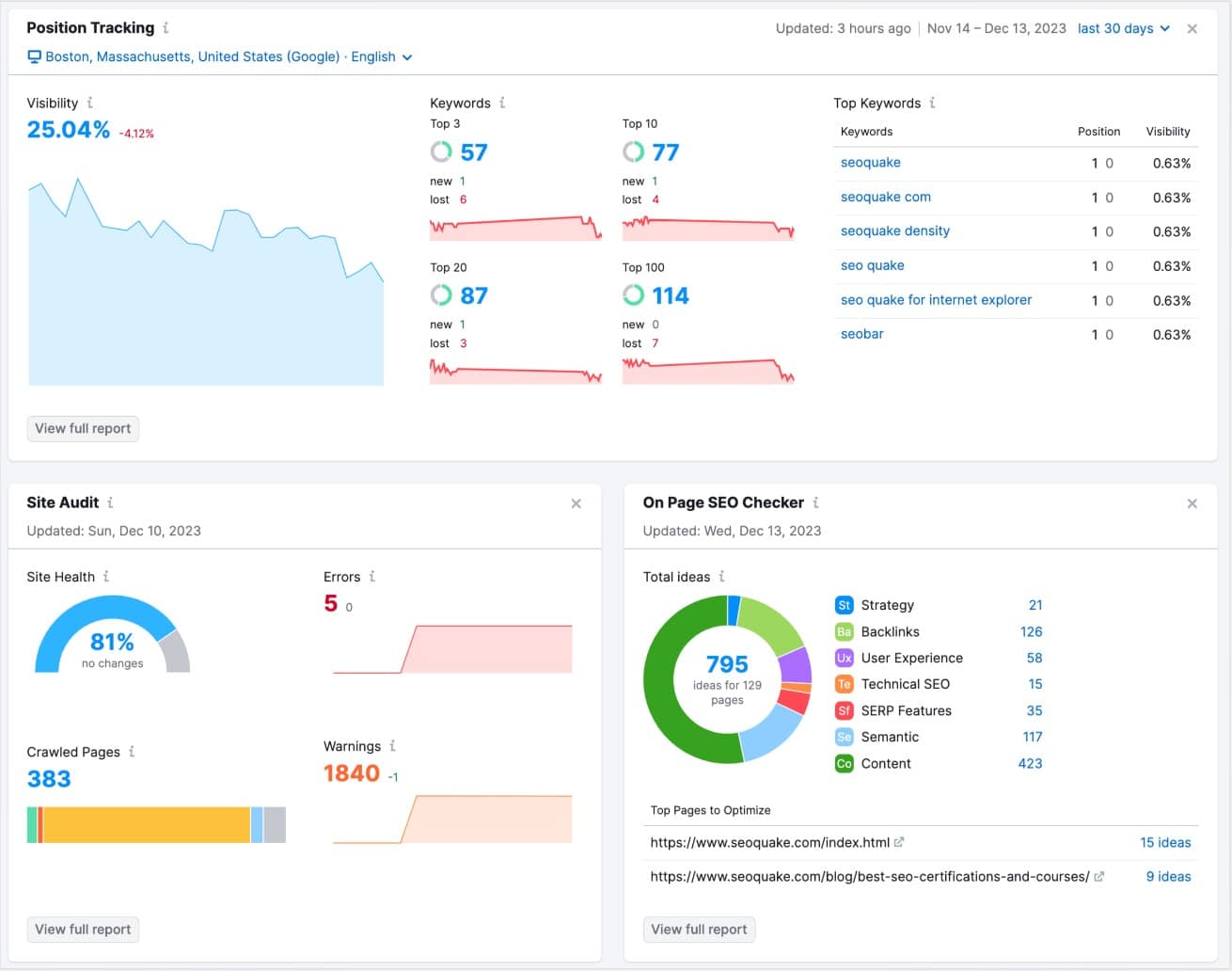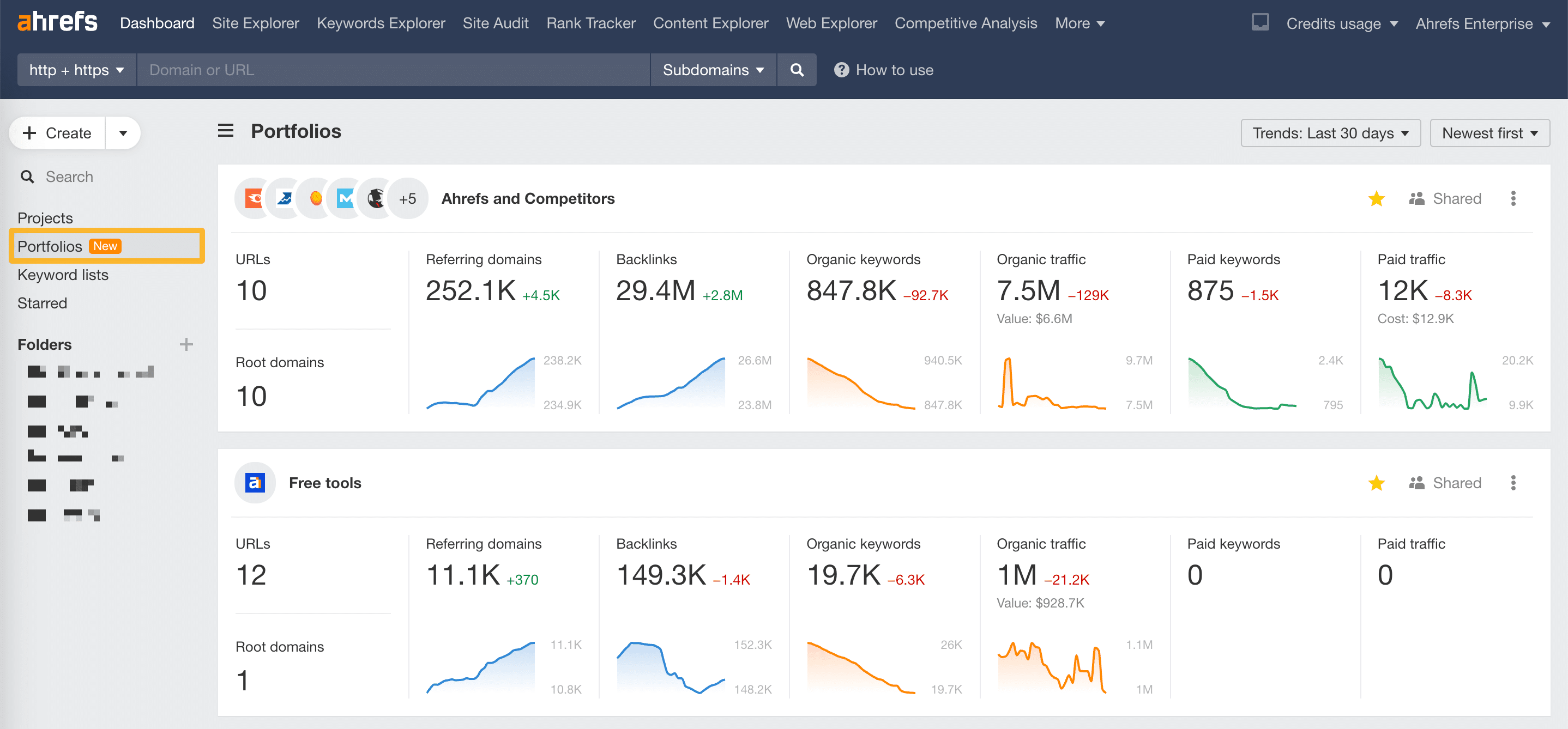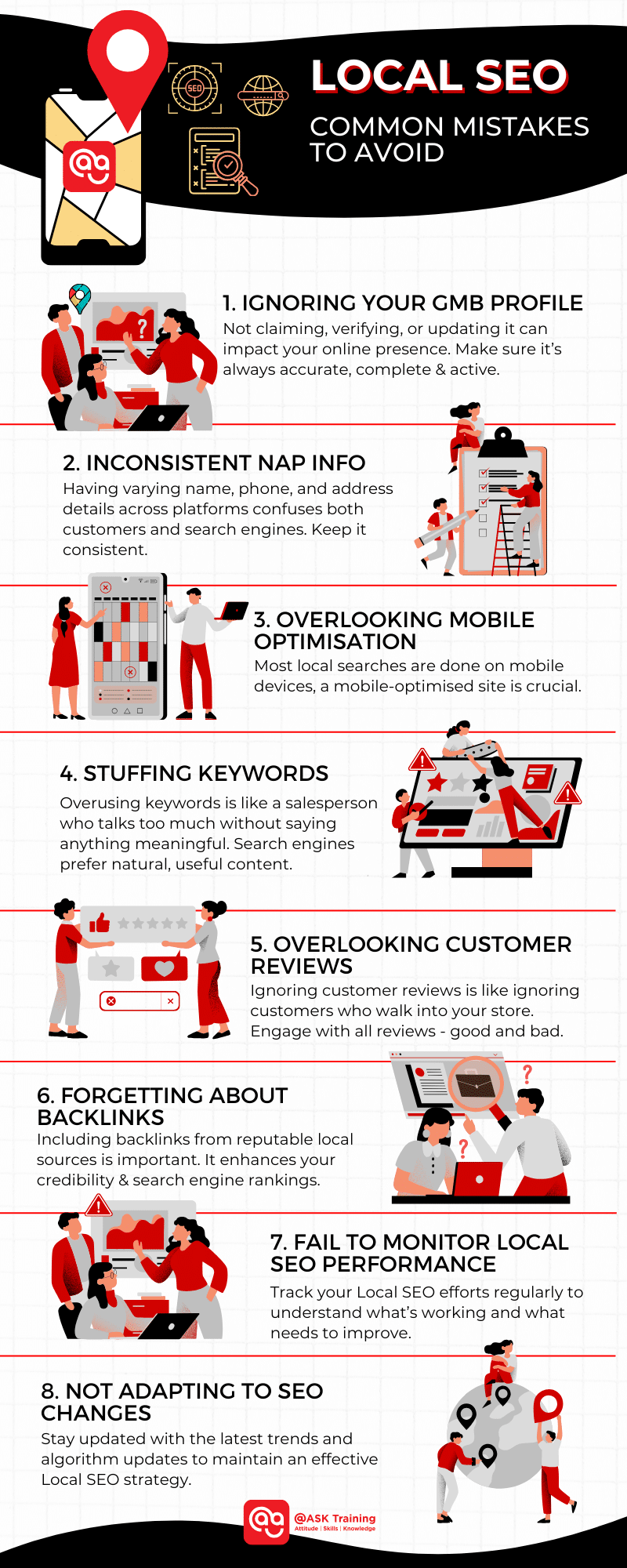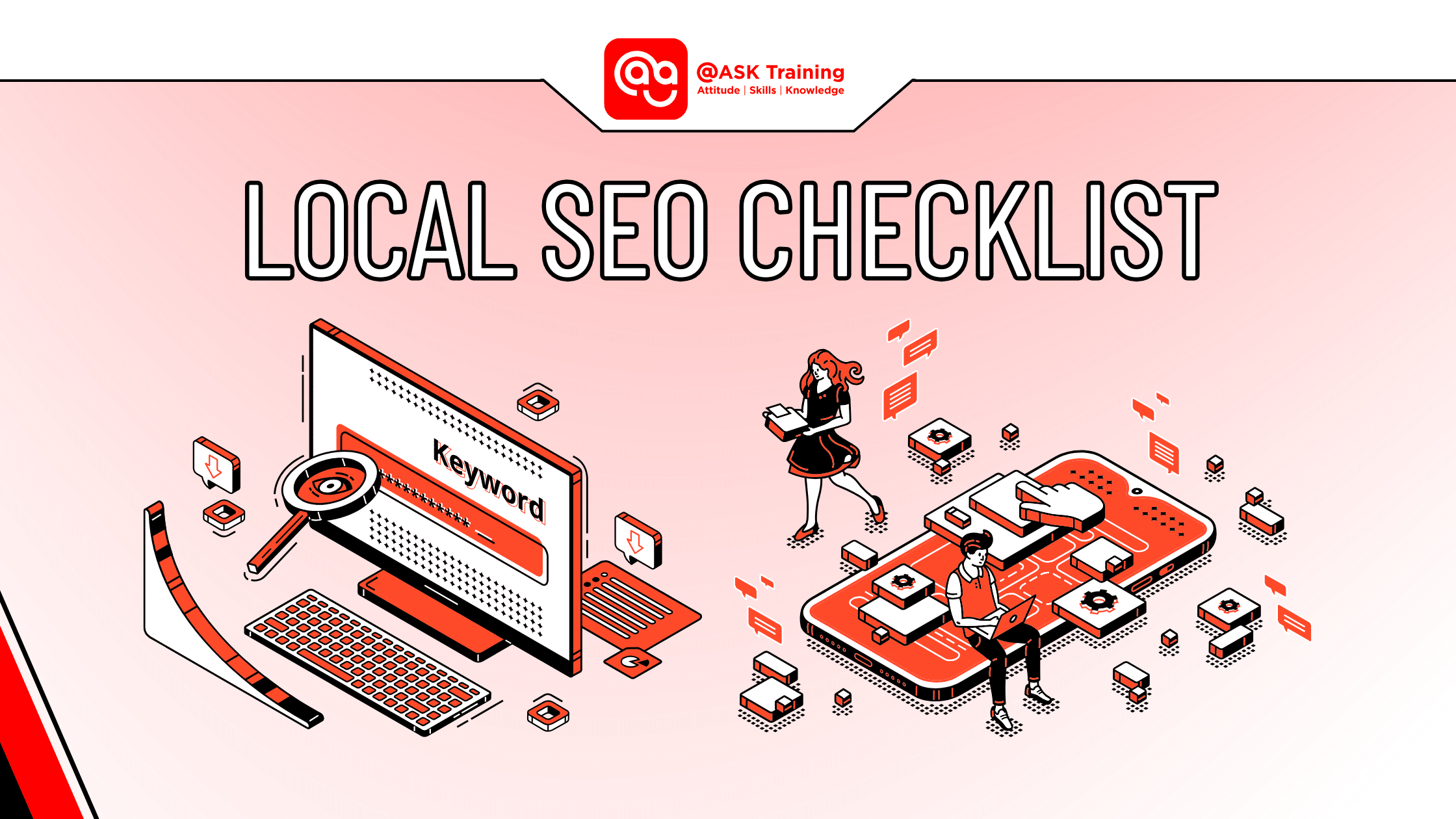
Have you ever typed in your own business on Google and wondered why you don’t see it on the first page of the search results?
You are not alone. Many Singaporean business owners or digital marketers face this challenge in an increasingly competitive digital landscape.
This is where Local Search Engine Optimisation (SEO) becomes your new business partner in success!
Today, it’s not just about being online, it’s about being visible to the right local audience at the right time.
In this article, we’ll take you through an easy and accessible checklist to champion your Local SEO. Separated into three main parts which are Local Search Engine Optimisation, your business and Local SEO, and last, common mistakes and emerging trends.
PART I: Local Search Engine Optimisation (SEO)
What Do You Know About Local Search Engine Optimisation?
We see and hear a lot of the term ‘SEO’, especially in digital marketing but what exactly is Local SEO and why is it something you need to think of for your business in Singapore?
Let’s break it down in simple terms.
What is Local SEO?
Imagine Local SEO as your digital megaphone. It’s about making your business shout the loudest and stand out in your local area when someone is searching online. Like telling Google, “Hey, I’m here in Singapore, and I have exactly what people are looking for!”
Local SEO focuses on boosting your business’s visibility in location-based searches. This means when local Singaporeans search for “best coffee shop near me” or “affordable electronics in Singapore,” your business pops up in the search results.
Example of Google search results for “best coffee shop near me”
Why Local SEO is Important?
Singapore is a buzzing metropolis with a competitive business landscape. Here, being locally visible online can make a huge difference in attracting foot traffic to your store or visits to your website.
Consider this: a staggering 46% of all Google searches are for local information. This statistic from Forbes (2023) highlights the immense importance of Local SEO. It targets customers in specific cities, regions, or neighbourhoods.
Moreover, four out of every five people turn to search engines for local needs. This underscores the necessity of optimising your website for local search.
Local SEO ensures that your business isn’t just a needle in the digital haystack. It’s about being the big, bold sign that catches everyone’s eye.
Local SEO vs General SEO
In simple terms, think of general SEO as casting a wide net reaching as many people as possible across the world. On the other hand, Local SEO is like archery, specifically targeting people in your area.
While general SEO focuses on broad keywords, Local SEO focuses on geo-specific keywords and local listings such as being on Google Maps. Your online presence must be relevant to the local market in Singapore.
What are the Key Ingredients of Local SEO?
1. Google Business Profile (GBP)
Your new best friend. This is like your business’s online ID card. It’s crucial to keep your Google Business Profile updated with your address, operating hours, and contact information.
2. Reviews
The more, the merrier and the more positive, the better. Reviews are like word-of-mouth but online, and they can significantly boost your local standing.
3. Local Keywords
Sprinkle these throughout your website like magic dust. These are phrases that the typical Singaporean would type into Google. Think “best laksa in Orchard Road” or “24-hour printing services in CBD.”
4. Mobile Optimisation
With everyone glued to their phones, making sure your website looks great on mobile provides a better experience for your local audiences.
5. Local Content
Content that resonates with a Singaporean audience can make a world of difference. It’s about showing that you speak their language and understand their needs.
PART II: Your Business & Local SEO
How Can Your Business Benefit from Local SEO?
Now that you have a clearer understanding of Local SEO, let’s discuss why it is an important feature for your business in the local Singaporean market.
Here are a few benefits of Local SEO:
Shine Bright in Local Searches
Local SEO helps your business to increase its local visibility in local search results. For example, imagine someone in Singapore typing “best chilli crab near me” into Google. With Local SEO, your restaurant or food blog doesn’t just show up, it shines at the top. This increased visibility in local search results means you’re no longer a hidden gem, you’re the next viral place to visit!
More Clicks, More Footsteps
Local SEO enhances your online presence leading to more foot traffic. It’s like leading a parade right to your doorstep. When your online presence gets a boost, more people find out about you.
And what happens next? More local foot traffic! People can’t visit if they don’t know you exist, right? Local SEO bridges that gap, turning these online searches into real-world customers.
Targeting Your Next-Door Locals
Local SEO helps you talk directly to your Singaporean crowd. Get your message to the people who are most likely to visit your shop or use your services. It’s like having a friendly chat over coffee, but online.
Building Trust with the Local Community
Trust is key. Local SEO helps build your reputation as a trustworthy local business. When your business pops up in local searches, has great reviews, and provides relevant information, people start to see you as a credible, go-to choice in your industry. It’s like being the neighbourhood expert everyone relies on.
Stay Ahead of the Race
Singapore’s market is competitive. With Local SEO, you’re not just in the race; you’re leading it. It’s like having a faster car in a crowded street race. While others are pushing around for space, you’re zooming ahead, thanks to being more visible and relevant locally.
Setting Up Your Business for Local SEO
Knowing the many potentials that Local SEO can enhance your business’s visibility, let’s prepare and set up your business for your Local SEO success.
Here are the basic Local SEO elements you need to know:
Creating Your Google Business Profile Account
Think of Google Business Profile (GBP) as your digital storefront. It’s where you hang your virtual shingle. Setting it up is just the beginning. Your GBP profile is a living, breathing space where customers can leave reviews, ask questions, and even add their photos.
Encourage your customers to interact with your profile. The more engagement your profile gets, the more it’s favoured by Google.
(Source: @ASK Training)
Get Your NAP (Name, Address, Phone Number) Right
Consistency is key. Make sure your business’s name, address, and phone number are the same everywhere online – on your website, social media, business directories, you name it.
It’s like ensuring every signpost in Singapore points accurately to your shop. This consistency helps Google trust your business more, which can boost your rankings in local searches.
Utilising Local Business Directories and Citations
Get your business listed in as many relevant local directories as possible. Think of these directories as the multiple paths leading to your shop. The more paths there are, the easier it is for customers to find you.
This includes popular directories in Singapore like the Yellow Pages, STDirectory, and others. These citations help increase your online visibility and tell Google that you’re a legitimate player in your local market.
Here are a few examples of popular online directories:
Setting up these elements is key to building a strong foundation for your Local SEO strategy. Make sure your business is correctly and consistently represented online, making it easier for customers to find and engage with you.
Local SEO Strategies for Your Business
After setting up your business for Local SEO, the next step would be to make your business shine online in local searches. To optimise your local SEO, it’s not only to attract passersby but also to get your local community to talk about you.
Here are a few strategies you can make that happen:
Website Optimisation – The Digital Makeover
Your website is like your online menu, and it needs to look good on all devices, especially mobiles. These days, most people are browsing on their phones, so you need to make sure your site looks great and is optimised on mobile devices.
Next up is keyword research – it’s like a treasure hunt for the words and phrases your local customers are using. Sprinkle these keywords throughout your site to make it more discoverable to those searching for what you offer.
To give you a better understanding of how to do keyword research, here are simple steps along with a few SEO tools that you can use:
1. Identify Your Topics:
Think about the broad topics that are relevant to your business. For example, if you own a café in Singapore, your topics might include ‘coffee’, ‘cafe’, ‘pastries’, and ‘brunch spots’.
2. Brainstorm Keyword Phrases:
Under each topic, brainstorm potential keyword phrases that people might search for. Using the café example, under ‘coffee’ you might have ‘best coffee in Singapore’, ‘espresso’, or ‘artisanal coffee beans’.
3. Use Keyword Research Tools:
Plug these terms into a keyword research tool to find related keywords, their search volumes (how often they’re searched), and their competition (how hard it is to rank them).
Here are a few tools you can use:
-
- Google Keyword Planner: This free tool by Google is great for getting search volume and competition data for keywords.
- SEMrush: Offers extensive keyword research options, including what keywords your competitors are ranking for.
- Ahrefs: Known for its detailed keyword data and includes information on the difficulty of ranking for specific keywords.
4. Analyse the Results:
Look for keywords that have a decent search volume but lower competition. These are the keywords that might be easier to rank for.
5. Consider Search Intent:
Think about why someone would search for this keyword – are they looking to buy, to learn, or just browsing? Tailor your content to match this intent.
6. Keep It Local:
Since you’re focusing on local Singaporeans, include local terms or landmarks in your keywords, like ‘coffee shop near Orchard Road’.
7. Regularly Update Your Keyword List:
Search trends can change, so it’s a good idea to revisit and revise your keyword list periodically.
Remember, keyword research isn’t just about finding the most searched terms; it’s about finding the right terms that will attract the most relevant traffic to your site.
Content Strategy: Your Local Storyteller
Your website’s content is your chance to show off your local expertise and charm. Start a blog and fill it with posts that speak to your local audience.
Use local language nuances, and talk about local issues, events, or stories. This approach not only attracts local readers but also tells Google that you’re a relevant and valuable part of the local community.
For example, imagine you own a café in Singapore. A great content strategy would be to start a blog series of local coffee stories. Each post could feature a different aspect of life in the local street your café is located at, interwoven with how your café contributes to the community. Another post could share a recipe for a local delicacy, alongside your signature coffee that pairs perfectly with it.
This strategy uses the nuances of the local language and culture, connects with the community’s unique characteristics, and effectively tells a story that resonates with your local audience, enhancing your relevance and appeal in local search queries.
Reputation Management – Building Trust Online
Online reviews are like word-of-mouth in the digital age. Encourage your customers to leave reviews and, most importantly, respond to them. Whether they’re good or bad, a response shows you care and are engaged.
Think of it as having a friendly conversation with customers, thanking them, or addressing their concerns. It builds trust and credibility, which is gold in the online world.
Helpful tips on how you can manage your business’s reputation to enhance Local SEO:
- Respond to All Reviews: Address every review on platforms like Google Business Profile, both positive and negative. Take @ASK Training’s Google Review and our response as an example.
- Encourage Reviews: Ask satisfied customers to leave a review online.
- Showcase Reviews: Feature positive reviews on your website and social media.
- Manage Negative Feedback Constructively: Offer solutions and apologies for negative reviews.
- Conduct Customer Surveys: Use surveys to gather feedback and improve services.
- Create a Website Review Section: Dedicate a part of your site to displaying customer reviews. Take @ASK Training’s website testimonial as an example:
Social Media Engagement – Connecting with the Community
Social media is your virtual community centre. Use it to connect with your local community. Share posts about local events, collaborate with local influencers or showcase your participation in community activities.
It’s like being at a neighbourhood gathering and mingling with everyone. This not only increases your visibility but also solidifies your place in the local community.
Here are some simple tips you can apply to engage better on social media for Local SEO:
- Use Local Hashtags: Add relevant hashtags like #SGDeals or #ShopLocalSG for local visibility.
- Showcase Customer Reviews: Share positive local customer testimonials.
- Geo-Tag Your Posts: Use geo-tagging on platforms like Instagram and Facebook.
- Run Local Social Media Campaigns: Target campaigns specifically for your local area.
- Engage with Followers: Promptly respond to comments and messages.
- Interactive Content: Use polls or quizzes about local preferences or topics.
- Utilise Live Features: Share live coverage of your participation in local events.
How To Track and Analyse Your Local SEO?
With all these strategies, you’ll be wondering if your Local SEO efforts are working as intended. Let’s talk about keeping tabs on your Local SEO efforts.
Think of it like being a detective in your own business – you’re looking for clues and evidence to see if your strategies are working.
Here’s how you can become an expert analyser in Local SEO:
Tools for Tracking Local SEO Performance
First up, arm yourself with the right tools. Let’s explore some of the basic tools you can try out on your business’s website to track your Local SEO performance.
Google Analytics
Google Analytics acts as your magnifying glass; it helps you track your website’s traffic and see where your visitors are coming from.
(Source: Ahrefs)
Here are 3 simple steps to get you started on Google Analytics 4:
1. Set Up an Account:</span >
If you don’t have a Google account, create one. Then, go to the Google Analytics website and sign up. Click on “Start measuring” and enter your account details. This includes your website name, URL, and industry category.
2. Install Tracking Code:
Once your account is set up, GA4 will give you a tracking code.
This code needs to be added to your website. You can do this manually in your website’s header code or use a plugin if you’re using a CMS like WordPress.
3. Configure Your GA4 Property:
In GA4, you can set up data streams to track data from your website, apps, or other platforms. Explore the settings to customise what data you want to track, like events, user interactions, etc.
Google Search Console
Google Search Console, on the other hand, is like your footprint tracker; it shows you how well your site is doing in search results.
(Source: Ahrefs)
1. Set Up Your Property:
Go to Google Search Console and click on “Start now”. Add your website as a new property. You’ll need to verify ownership of your website. This can be done in several ways, like uploading a file to your website or adding a meta tag.
2. Submit Your Sitemap:
Submitting your sitemap helps Google better crawl and index your site. You can find your sitemap URL in your website’s root directory or CMS and add it under “Sitemaps” in the Search Console.
3. Monitor Your Performance:
Use the Search Console to monitor how your site performs in Google searches. It shows you which queries bring users to your site, your site’s average position in search results, and more.
SEMrush
SEMrush is a versatile tool for enhancing local SEO, offering local keyword research to understand what your audience is searching for in your area.
(Source: SEMrush)
To use SEMrush, follow these simple steps:
1. Start a Free Trial or Subscribe:
Go to the SEMrush website and sign up for an account. They offer a free trial, but you can also choose a subscription plan.
2. Set Up Your Project:
Once logged in, set up a new project for your website. Enter your website’s URL to start analysing.
3. Explore the Tools:
SEMrush offers tools specifically for Local SEO such as listing management, map rank tracker, review management, position tracking and more. Start exploring these tools to analyse and improve your Local SEO performance.
Ahrefs
Ahrefs excels in local SEO by providing detailed insights into local keyword search volumes, helping you target the right audience.
(Source: Ahrefs)
To start using Ahrefs, just follow these few steps:
1. Sign Up:
Visit the Ahrefs website, where you can start with a trial or choose a subscription plan.
2. Add Your Website:
Once logged in, add your website to the dashboard to start tracking.
3. Use Ahrefs Tools:
Ahrefs offers various tools like Site Explorer, Keywords Explorer, and Site Audit. These tools help you analyse your website’s backlinks, research keywords, and audit your site for SEO issues.
Understanding and Interpreting Local SEO Metrics
Now, onto the art of reading the clues. Look at metrics like local search rankings, organic traffic from local searches, click-through rates, and reviews. These numbers tell you how healthy and effective your strategies are.
Are more people visiting your site from local searches? Are you climbing up the ranks when people search for businesses like yours in your area? These are the questions these metrics help answer.
To paint a clearer picture, here are a few examples of how you can understand and interpret Local SEO metrics for your business:
1. Local Search Rankings
Metric: Your website’s position in search results for local keywords.
Interpretation: Higher rankings mean better visibility. Monitoring ranking changes can help you understand the effectiveness of your SEO efforts. Improved rankings for specific keywords indicate successful optimisation.
2. Organic Traffic from Local Searches
Metric: The number of visitors to your site from local search queries.
Interpretation: An increase in this traffic suggests your site is gaining relevance and visibility among local audiences. This metric helps identify which local keywords and pages are most effective in driving traffic.
3. Google Business Profile Insights:
Metric: Data on how users find and interact with your Google Business Profile listing.
Interpretation: Increases in searches, direction requests, calls, and website visits from your GBP listing indicate successful local visibility. Analysing the search queries used to find your business can provide insights for further optimisation of your GBP profile and website content.
Making Data-Driven Decisions for Continuous Improvement
Based on what the data tells you, tweak your strategies. If certain keywords are bringing in lots of traffic, consider focusing more on them.
If some pages on your website are underperforming, think about how you can improve them. This step is all about evolving and refining your approach based on solid evidence.
Structured Data for Local SEO
One powerful way to enhance your visibility in search results is by implementing structured data. Let’s dive into what it is and how you can use it to boost your local presence.
What is Structured Data?
Structured data is a way of organising information on your website so that search engines like Google can understand it better. It’s like giving Google a detailed map of your content, making it easier for them to display your business in richer search results.
Why Does Structured Data Matter?
Structured data can significantly improve your search rankings and user experience. It allows your business to show up in search results with additional details like star ratings, business hours, events, and more.
This not only makes your listing more attractive but also increases the likelihood of users clicking through to your website.
How to Implement Structured Data
- Pick the Right Schema: For local businesses, the LocalBusiness schema is the most relevant. This schema helps Google understand your business type, location, and other key details.
- Generate Structured Data: Use an online tool like Google’s Structured Data Markup Helper to create JSON-LD code for your website.
- Add It to Your Website: Place the generated code in the <head> section or right before the closing </body> tag of your website.
- Test It Out: Run the code through a structured data testing tool like Google’s Rich Results Test to ensure it’s working properly.
By implementing structured data, you’re giving your business an edge in local search results, making it easier for potential customers to find and engage with you.
Let’s explore some Local SEO mistakes and how you can steer clear of them to ensure your efforts yield the best results.
PART III: Common Mistakes & Emerging Trends
Local SEO Common Mistakes to Avoid
Local SEO Common Mistakes and Things to Avoid
After diving into the deep end of local SEO, let’s take a moment to talk about some common mistakes you should avoid:
1. Ignoring Your Google Business Profile:
Your GBP profile is crucial for local visibility. Not claiming, verifying, or updating it can significantly impact your online presence. Make sure it’s always accurate, complete, and active.
2. Inconsistent NAP (Name, Address, Phone Number) Information:
Having varying NAP details across different platforms can confuse both customers and search engines which may harm your Local SEO. Keep your business information consistent across all online platforms.
3. Overlooking Mobile Optimisation:
In today’s world, most local searches are done on mobile devices, so a mobile-optimised site is crucial.
4. Stuffing Keywords:
Overusing keywords is like a salesperson who talks too much without saying anything meaningful. It can hurt your SEO as search engines prefer natural, useful content.
5. Overlooking Customer Reviews:
Ignoring customer reviews is like ignoring customers who walk into your store. Engage with all reviews – thank and address positive feedback and respond professionally to negative ones to show you value customer input.
6. Forgetting About Backlinks:
Acquiring backlinks from reputable local sources is an important aspect of Local SEO, as it enhances your credibility and search engine rankings.
7. Failing to Monitor Local SEO Performance:
Regularly tracking your Local SEO efforts using analytics tools is necessary to understand what’s working and what needs improvement.
8. Not Adapting to SEO Changes:
SEO is constantly evolving. Staying updated with the latest trends and algorithm updates is crucial for maintaining an effective Local SEO strategy.
Why Should You Stay Updated with Local SEO Trends?
Staying updated with Local SEO trends is important to ensure your business adapts to the dynamic digital environment, remains competitive, and continues to meet the needs of your local customers.
Here’s how you can stay ahead of the changes:
Keeping Up with the Latest Local SEO Developments
The world of Local SEO changes often, just like fashion trends in a bustling city. To keep up, regularly read SEO blogs and news sites.
Websites like tinkerEdge, OOm, and MediaOneMarketing are great sources. Subscribe to their newsletters or follow them on social media for updates.
For example, one of the top Local SEO trends in 2024 published by Forbes includes the emphasis on publishing audience-targeted content. This content should not only be tailored to your local audience but also needs to be helpful, authoritative, and quick to load.
Adapting to Changes in Local Search Algorithms
Search engines like Google often update how they rank websites, similar to how a popular recipe might change over time.
These changes can affect how well your business shows up in search results. When a new update is announced, check if you need to tweak your website or SEO strategies.
Continuous Learning and Adaptation
The world of SEO doesn’t stand still, and neither should you. It’s like continuously learning new recipes to keep your customers coming back.
Attend webinars, participate in online forums, and consider taking courses on SEO from local training centres such as @ASK Training.
@ASK Training provides WSQ-recognised courses in Digital Marketing which include a 2-Day SEO Training course to help you stay ahead of Local SEO trends and techniques.
Experiment with new techniques you learn and see how they work for your business. What works today might not work tomorrow, so always be ready to adapt.
How AEO is Transforming Local SEO
The landscape of local SEO is undergoing a significant shift, moving beyond simply ranking for keywords.
The rise of Answer Engine Optimisation (AEO) means search engines like Google now prioritise delivering direct, conversational answers to users’ questions.
For local businesses, the goal is no longer just to appear on the first page; it’s to become the definitive answer for a searcher’s specific local query.
To adapt and thrive in this answer-first world, you need to refine your strategy. Here’s how:
1. Optimise for “NearMe” & Conversational Queries
Users are increasingly asking questions in a natural way. Structure your content to answer these directly.
- Create Detailed FAQ Sections: Anticipate the questions your customers ask. Use natural language that includes local landmarks, neighbourhoods, or MRT stations (e.g., “Where is the best printing service near Bugis MRT?” or “What are the opening hours for hardware stores in Tampines?”).
- Provide Direct Answers: Rewrite key service pages to lead with clear, authoritative explanations. Instead of lengthy introductions, state exactly what you do, for whom, and where, making it effortless for both users and AI to understand your value.
2. Structure Your Content for Machines & Users
To be selected as the answer, your information must be easily digestible for search engines’ AI.
- Implement Structured Data (Schema): Add LocalBusiness and FAQPage schema markup to your website. This code translates your business info and Q&As into a format machines can instantly read, dramatically increasing your chances of being featured in direct answer snippets.
- Fortify Local Trust Signals: Consistency is non-negotiable. Ensure your business Name, Address, and Phone number (NAP) are identical everywhere online. Actively gather and manage genuine customer reviews, as these serve as powerful credibility signals that answer engines favour.
By focusing on AEO, you’re not just optimising for algorithms; you’re preparing your business to be the most helpful, visible, and trusted solution the moment a potential customer asks a question.
Get Started on Your Local SEO Today!
If you manage to read this far, congratulations! Now you have the basic knowledge on how to start and apply your Local SEO efforts to your business!
Remember, the power of Local SEO lies in boosting your visibility to your nearby audience, driving more traffic, and building a trustworthy local brand.
It’s time for you to take these insights and apply them. Local SEO is an ongoing journey, requiring continuous effort and adaptation to new trends and techniques.
By staying committed and proactive, you’ll not only improve your search rankings but also significantly enhance your business’s local footprint.
About ASK Training
As a SkillsFuture Singapore-appointed Continuing Education Training Centre (CETC), our diverse range of courses, spanning from Information Technology (IT) to Digital Marketing, is designed to cater to the dynamic needs of today’s job market.
If you’re considering a career transition to Digital Marketing, @ASK Training offers certified WSQ courses tailored for the SkillsFuture Career Transition Programme (SCTP).
These include:
- WSQ Advanced Certificate in Infocomm Technology (Sales and Marketing)
- WSQ Diploma in Infocomm Technology (Sales and Marketing)
- WSQ Specialist Diploma in Infocomm Technology (Sales and Marketing)
Get in touch with us and start establishing your business’s online presence today!
Related Courses
- SEO, Website Analytics and Optimisation Courses
- WSQ Search Engine Optimisation (SEO)
- WSQ Advanced Search Engine Optimisation (SEO)
◆◆◆

